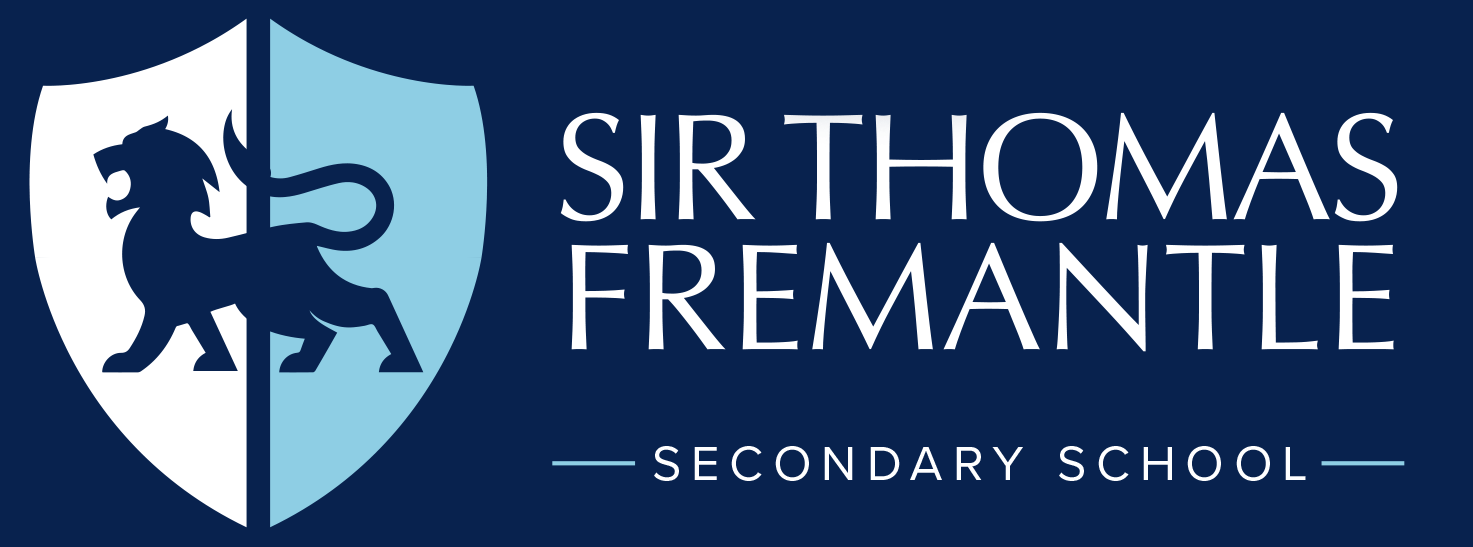Physical Education
Rationale
The PE Curriculum is designed to provide students with a variety of opportunities in a wide collection of sports. We look to develop students through the Head Heart Hands principle. This looks to develop their knowledge and understanding (Head); Our resilience, confidence and teamwork skills (Heart); Our practical skills in sports (Hands).
We hope the skills, morals and qualities that are built through PE are everlasting, relatable and useful.
Our key aims from PE are to:
Improve Knowledge and confidence in core sports . Rugby, Football, Netball, Cricket, Basketball, Table tennis, Badminton, Rounders, Dance and Exercise for healthy lifestyle.
Confidence to be able to take up a sport at club level.
Build a positive relationship with exercise for health and social benefits.
Develop resilience towards learning new tasks and self-improvement
Grow teamwork and communication skills to be able to work collectively to produce results. w
Build a passion for sports
Students will continue going through core sports and developing their skills and knowledge of them. The focus will more onto game play, tactical understanding and advanced skills within the sports.
Students will also begin to play some alternative sports such as Volleyball and softball to add more variety to the curriculum. These skills are more challenging on fine motor skills and require more coordination which is often not as prevalent in the younger years.
In GCSE PE students will develop their understanding of Anatomy and physiology, Sports psychology, Nutrition, participation patterns, types of training, commercialisation of sport and performance enhancing drugs.
These are the topics they will be tested on in their Year 11 exams and will give them a broad spectrum of topics to explore that could lead into potential careers in sport. Overall, sparking interest and passion for the wider parts of sport and not just participating. They will learn this through a variety of lecture style lessons, practical tasks, practical examples, scientific experiments and group work.
Curriculum Journey
Click image to expand







